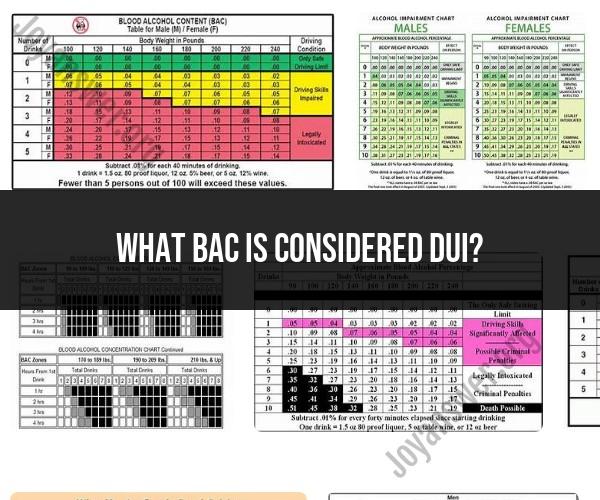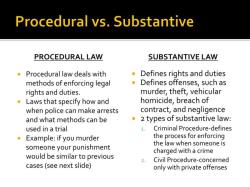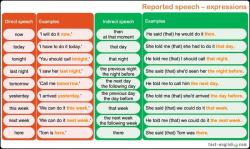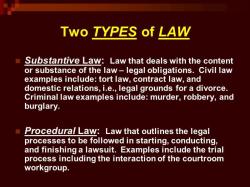What BAC is considered DUI?
The blood alcohol content (BAC) limit for driving under the influence (DUI) or driving while impaired (DWI) varies by country and, in the United States, by state. The legal BAC limit is typically expressed as a percentage of alcohol in the bloodstream. In the U.S., the common BAC limit for a DUI/DWI offense is 0.08%, but it's important to note that specific limits can vary by jurisdiction. Here are some key points to consider:
0.08% BAC Limit (U.S.): In most states in the United States, a BAC of 0.08% or higher is considered the legal limit for DUI/DWI for drivers who are 21 years of age and older. If you are caught driving with a BAC at or above this limit, you can be charged with a DUI/DWI offense.
Lower Limits for Certain Groups: Some states have lower BAC limits for specific groups, such as commercial drivers or individuals under the legal drinking age (often referred to as "zero tolerance" laws). For example, commercial drivers may have a BAC limit of 0.04% or lower.
Enhanced Penalties for High BAC: Many states impose enhanced penalties for individuals with a BAC significantly higher than the legal limit (often referred to as "super drunk" or "high BAC" laws). These penalties may include more severe fines, longer license suspensions, or mandatory alcohol education programs.
Implied Consent Laws: In the U.S., many states have implied consent laws, which means that by obtaining a driver's license, individuals agree to submit to BAC testing if they are lawfully stopped by a police officer on suspicion of DUI/DWI. Refusing to take a BAC test can result in license suspension and other penalties, even if you are not above the legal limit.
Under 21 BAC Limits: For drivers under the legal drinking age (typically 21 in the U.S.), there are often "zero tolerance" laws, making it illegal to drive with any detectable amount of alcohol in their system. The BAC limit is often set at 0.02% or lower for this group.
Additional Penalties and Consequences: DUI/DWI convictions can result in various penalties, including fines, license suspension, mandatory alcohol education programs, probation, and even jail time. Repeat offenders and those involved in accidents causing injury or death may face more severe consequences.
It's crucial to understand that BAC can vary based on factors such as body weight, metabolism, the type and amount of alcohol consumed, and the timeframe over which it was consumed. Therefore, it's challenging to estimate your exact BAC without a breathalyzer or blood test.
If you plan to consume alcohol, it's always best to designate a sober driver, use public transportation, or arrange for a ride-sharing service to avoid any risk of DUI/DWI and its associated legal and safety consequences. Additionally, DUI laws can change over time, so it's important to consult your state's specific laws and regulations for the most up-to-date information.
Understanding the Blood Alcohol Content (BAC) Limit for DUI
Blood alcohol content (BAC) is a measure of the amount of alcohol in a person's bloodstream. It is expressed as a percentage and is calculated by dividing the amount of alcohol in the blood by the total volume of blood.
The legal BAC limit for DUI varies from state to state, but most states have a limit of 0.08% BAC for drivers over the age of 21. This means that if your BAC is 0.08% or higher, you are legally intoxicated and can be charged with DUI.
Legal BAC Limits for DUI: What You Need to Know
Here are some key things you need to know about legal BAC limits for DUI:
- Most states have a legal BAC limit of 0.08% for drivers over the age of 21.
- Some states have a lower BAC limit for commercial drivers and drivers under the age of 21.
- If you are caught driving with a BAC of 0.08% or higher, you will likely be charged with DUI.
- The penalties for DUI vary from state to state, but they can include fines, jail time, and a suspended driver's license.
When Does BAC Cross the Line for a DUI Charge?
Your BAC can cross the line for a DUI charge when you consume more alcohol than your body can metabolize. The rate at which your body metabolizes alcohol depends on a number of factors, including your weight, gender, and what you have eaten.
In general, a standard drink will raise your BAC by about 0.02%. This means that if you consume three drinks in an hour, your BAC will likely be 0.06%. However, if you are a smaller person or have not eaten anything, your BAC may be higher.
It is important to note that there is no safe level of alcohol consumption for driving. Even a small amount of alcohol can impair your judgment and reaction time. If you are planning on drinking, it is best to find a designated driver or take a taxi or ride-sharing service.
Here are some tips to help you avoid a DUI charge:
- Pace yourself and drink plenty of water.
- Eat before you drink.
- Use a designated driver or take a taxi or ride-sharing service.
- Know your BAC limit.
- Never drive under the influence of alcohol.












